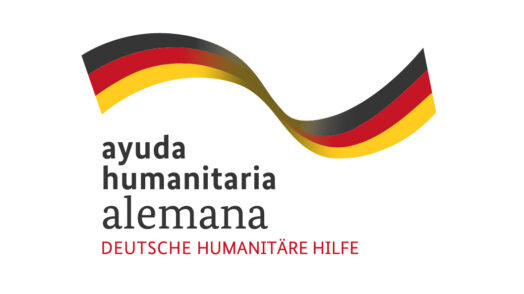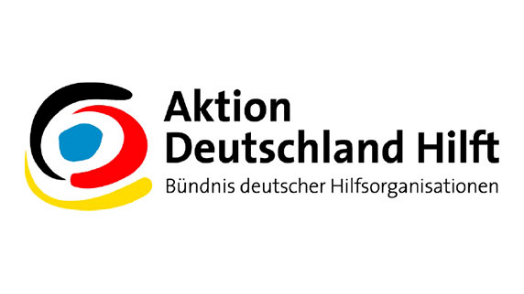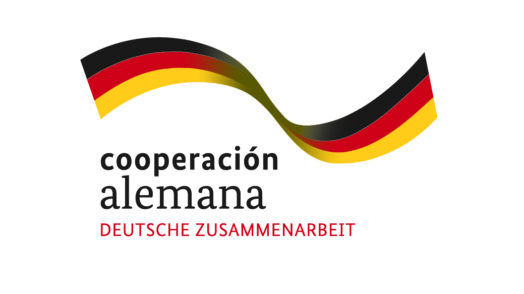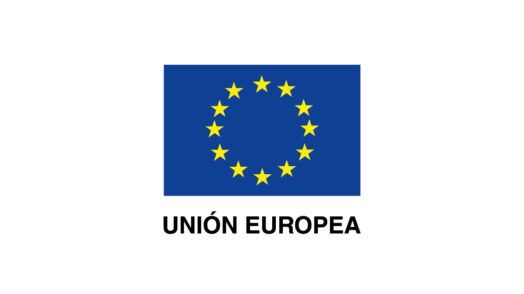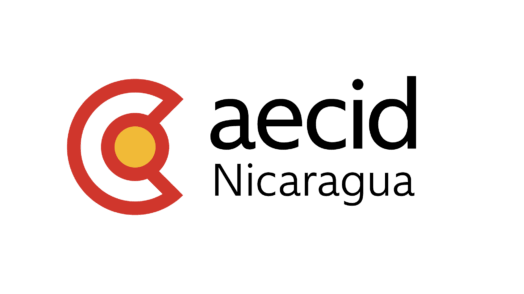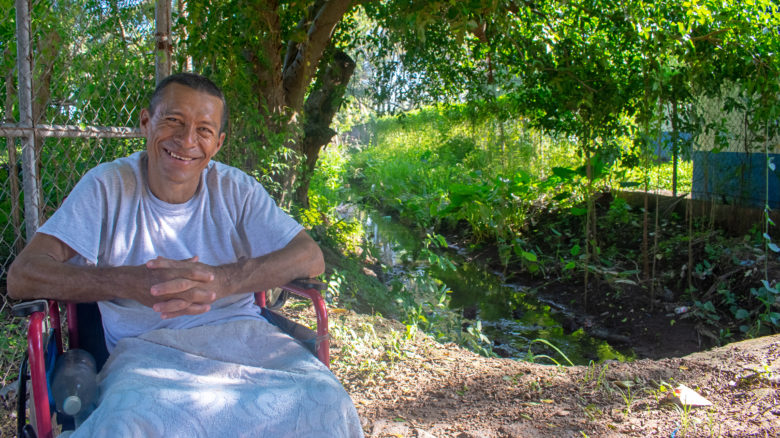
Social systems and good practices on inclusion
In the first week of February, ASB Foreign Aid's Regional Office for Latin America held a 5-day virtual exchange of experiences on the topic of "Social Services for Persons with Disabilities".
Within the framework of the EU-funded project "Promoting non-discrimination and dignity of persons with disabilities in Nicaragua and Honduras" (2019-2021), ASB Foreign Aid's Regional Office for Latin America held a 5-day virtual exchange of experiences on the topic "Social services for persons with disabilities" in the first week of February. The main objective was to impart knowledge about the different social systems and to present concrete examples of good practices on working concepts, support mechanisms and social services for people with disabilities based on ASB's work in Germany and partner countries.
Among the nearly 60 participants in the exchange were representatives of public institutions from Nicaragua and Honduras, as well as members of organizations of persons with disabilities from Central America and other Latin American countries.
The first part focused on ASB's work in Germany. Jybke von Bornstädt, responsible for participation in the Federal Association, presented to the participants the legal framework for the provision of social services for persons with disabilities in Germany and the corresponding development of ASB throughout its history. Together with Konrad Seidl from the ASB Gesellschaft für soziale Hilfen in Bremen and spokesman for the Fachkreis Teilhabe, the focal points of the work of the Fachkreis were also presented. Mr. Seidl then reported on the concrete offers of ASB Bremen for persons with disabilities and presented the " people-centered approach" that is applied there, a work philosophy oriented to the needs, abilities and wishes of the person being served in each case.
The last two days focused on the development of international Samaritan cooperation in the framework of foreign aid, in particular on the good practice experiences of Samaritan partner organizations in Latvia and Georgia. The exchange ended with a contribution from the ASB Indonesia and Philippines Country Office on inclusion in disaster risk reduction and humanitarian aid, where the office is a pioneer within ASB.
Although the framework conditions of social services for persons with disabilities vary from country to country, the exchange gave all participants an interesting insight into the work and experiences of the respective countries and, from there, valuable suggestions for their own work context.

